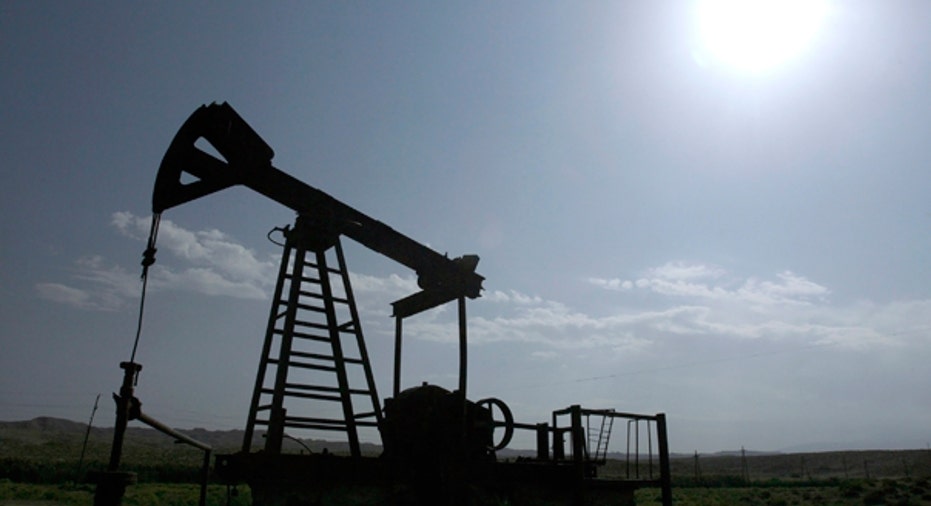Oil Steady Above $115 as EU Tightens Iran Sanctions

LONDON – Oil steadied above $115 on Tuesday, underpinned by supply concerns after the European Union slapped more sanctions on Iran, while ample supplies and hefty stockpiles in top consumer the United States capped gains.
The European Union cranked up pressure to force Tehran to halt its disputed nuclear programme with further sanctions on Iran's oil, gas and banking sectors.
The measures came days after the Islamic Republic said it would negotiate on halting higher-grade uranium enrichment if given fuel for a research reactor.
Front-month Brent crude, due to expire later on Tuesday, was up 2 cents at $115.82 by 0832 GMT. U.S. oil slipped 1 cent to $91.84.
"Fundamentally there is no shortage of oil, with Saudi Arabia and others maintaining high output while inventory levels are also good," said Ken Hasegawa, a commodity sales manager with Newedge in Tokyo.
"On the other hand, there is tension in the market with what is happening in Iran and the Turkey-Syria issue. That has put a floor on prices."
The twin factors of ample supply and worries over a worsening crisis in the Middle East will keep oil well balanced unless the geopolitical situation worsens.
The new sanctions, one of the EU's toughest moves against Iran to date, reflect mounting concern over the nuclear programme and Israeli threats to attack Iranian atomic installations if a mix of sanctions and diplomacy fails.
Iran maintains that its nuclear project has only peaceful energy purposes and has refused in three rounds of talks since April to scale back uranium enrichment unless major economic sanctions are rescinded.
Brent was also supported by a possible delay in the restart of Britain's largest oilfield, Buzzard, after maintenance, further hurting shipments of oil that sets the benchmark.
That helped the contract's premium to U.S. oil rise to $23.95 on settlement in the previous session. =r>
WEIGHING ON PRICE
Yet prices are under pressure from expectations that U.S. crude inventories rose for the week to Oct. 12 due to an anticipated increase in imports, while weak demand may lift gasoline stockpiles, a preliminary Reuters poll showed on Monday.
Adding to overall supplies, Saudi Arabia produced an average 9.77 million barrels a day (bpd) of crude oil in September, an industry source said. According to official Saudi government figures supplied to OPEC, the world's biggest oil exporter, produced 9.75 million bpd in August and 9.80 million bpd of crude in July.
Worries of a worsening economic outlook in the world's second-biggest oil consumer, China, on top of a prolonged crisis in Europe, are also weighing on oil prices.
"Going by economic indicators, China's economy is not strong and there could be a slowdown in demand from China," Hasegawa said. "There is also a lot of uncertainty over the European situation." (Additional reporting by Manash Goswami in Singapore; Editing by William Hardy)



















